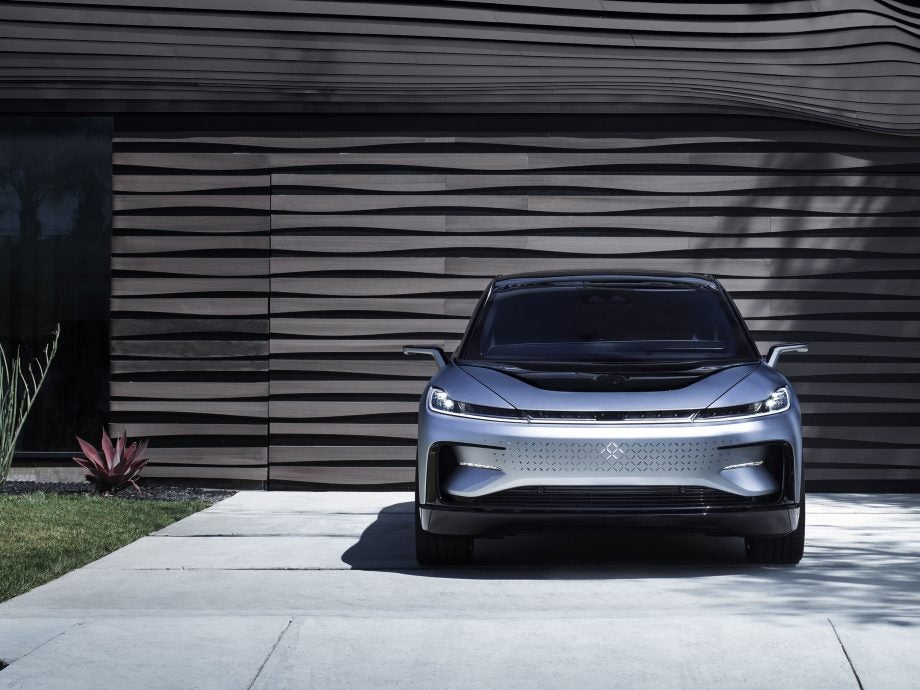Faraday Future’s ambitious electric SUV might finally be back on track

Amidst a host of resignations, a last-minute financial rescue and a couple of lawsuits, it’s looking like production of Faraday Future’s ambitious electric SUV might finally be back on track.
The news comes via a YouTube video posted on the company’s official channel, which shows that construction appears to finally be getting underway at the company’s future factory in Hanford, California.
The building, which is a former tyre factory, is a little different from the $1 billion Las Vegas plant that was originally proposed and scrapped last year, but it’s still good to see the business start construction work after having signed the lease last August.
It’s even more reassuring considering the company was nearing financial collapse at the end of last year before a last-minute investment of a promised $1.5 billion brought the company back from the brink. Faraday Future currently has access to around $550 million of those funds, with the rest being promised once certain milestones are hit.
The prize? The FF91 electric SUV
All of these challenges have been created in pursuit of the company’s FF91 SUV, which is expected to best the fastest accelerating road vehicle when it’s eventually released.
The company has been giving test drives in early prototype versions of the vehicle since 2017, but Faraday’s various problems have so far prevented the vehicle from entering mass production.
The FF91, like all of Faraday’s vehicles, will be fully electric, and is set to have a range of 289 miles when it’s eventually released. The goal is for the car to start rolling off the production line at the end of 2018.
The struggle of companies like Tesla and Faraday Future to produce their vehicles at scale marks an interesting shift in the electric vehicle market. Initially seen as market leaders, the realities of mass-producing vehicles have proved difficult for these companies to overcome.
In contrast, existing automotive companies like Jaguar, BMW and Porsche already have the factories to produce cars at scale, and are now ploughing huge amounts of resources into electric vehicles like the I-Pace. i3, and Mission E respectively. They might not be perceived as electric car companies first and foremost, but when they’re producing cars that will end up being much easier to get a hold of, then this will almost certainly give them the competitive edge.
What would it take for you to buy an all-electric car? Let us know @TrustedReviews


